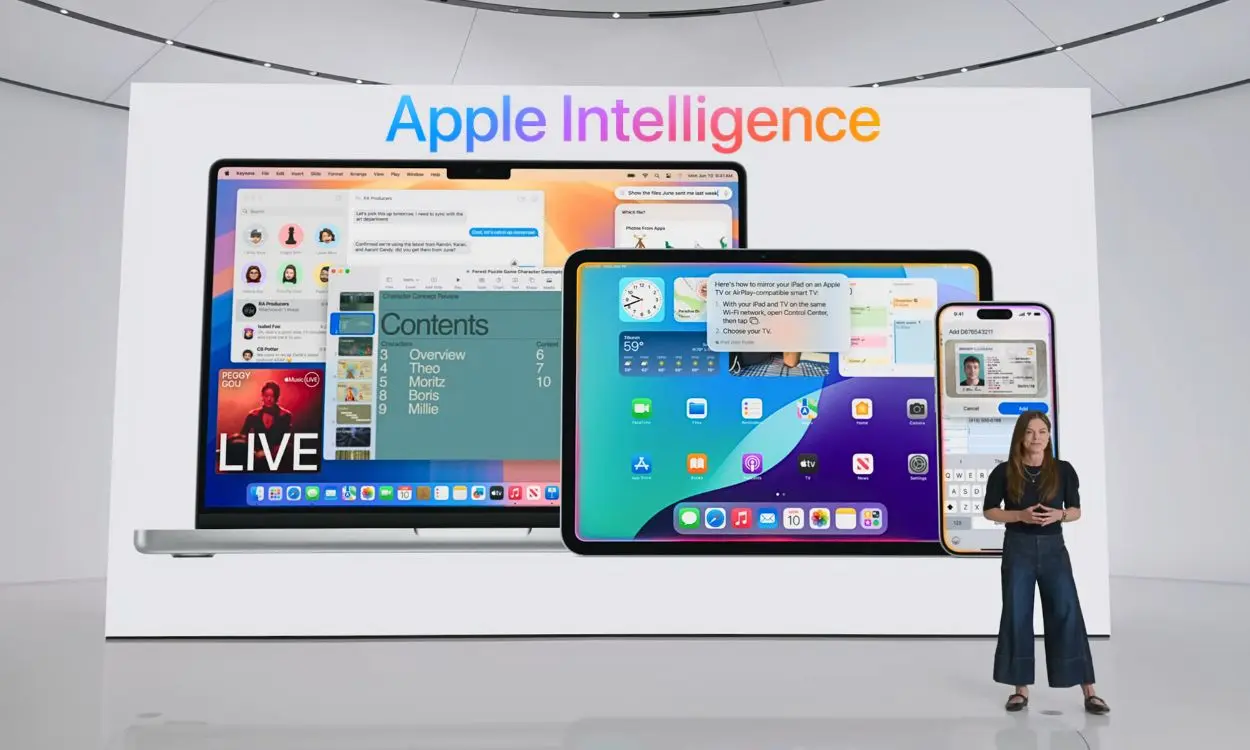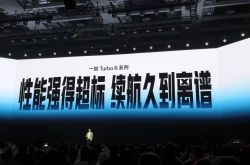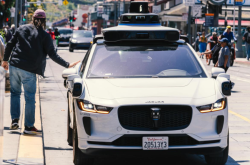Most iPhones are not eligible for official AI, Apple's approach is too unfair.
![]() 06/21 2024
06/21 2024
![]() 487
487

At the recently held WWDC24, Apple proudly introduced its first AI system, Apple Intelligent, and announced that it will be available on iOS 18, macOS 15, and iPadOS 18 this fall.
As its first AI system, Apple has made many changes at the application level, such as a more intelligent Siri and albums that can utilize natural language classification. However, these AI functions not only require the support of cloud technology, but also have extremely high requirements for the AI performance of local devices. Specifically, it currently only supports iPhone 15 Pro and iPhone 15 Pro Max equipped with A17 Pro, as well as Mac and iPad devices with M-series chips.

(Image Source: Apple)
After Apple publicly announced the list of supported devices, it caused considerable controversy. Some users believe that Apple deliberately prevented cheaper iPhones from supporting these features in order to stimulate sales of new iPhones, given that Apple also mentioned using cloud-assisted computing when introducing these AI functions.
In response to these controversies, John Giannandrea, Apple's AI/Machine Learning Director, Greg Joswiak, Marketing Director, and Craig Federighi, Software Engineering Director, have responded:
When the company launches any new feature, the first consideration is to make it accessible to older devices as much as possible. But for Apple Intelligence, "this is the necessary hardware... It's an amazing thing to run such powerful models on the iPhone."
This means that the iPhone 15 Pro series not supporting Apple Intelligence is likely due to hardware limitations. But as users, can we really accept such an excuse?
Apple AI Disappoints Old Users
Although Apple is considered one of the most accommodating mobile phone manufacturers for old users, as most older devices can be upgraded to the latest iOS version, Apple also intentionally or unintentionally imposes strict restrictions on some functions in new versions to demonstrate the unique status of the new iPhone.
For example, the new weather background animation introduced for the first time on iOS 15 left out all models before iPhone XS. If you think carefully, it's just a dynamic design. Even the iPhone 7 series, which has an A10 processor, wouldn't be so weak in performance, right?
And Apple Intelligent is indeed different from previous iOS updates.
The core issue lies in the hardware. The A17 Pro on the iPhone 15 Pro and iPhone 15 Pro Max includes a powerful central processing unit (CPU), an efficient graphics processing unit (GPU), and a specifically designed neural engine. This results in a significant improvement in computing performance compared to the previous generation.

(Image Source: Apple)
It is understood that the NPU computing power of A16 is 17TOPS, while the NPU computing power of A17 Pro reaches 35TOPS, representing a gap of more than double.
Attentive friends may notice that Apple Intelligent supports all devices equipped with M-series chips, meaning that even the Apple M1 with only 11TPOS can receive this upgrade, but the iPhone 14 Pro/Max and iPhone 15/Plus with A16 chips are not supported.
In fact, besides the issue of computing power, there is another reason that affects the normal operation of Apple Intelligent on older iPhones: memory. Currently, only the iPhone 15 Pro/Max are equipped with 8GB of memory, while the rest of the iPhones are below this configuration. Therefore, Apple's AI can hardly run smoothly on these devices that do not meet the requirements.
Apple Intelligent






